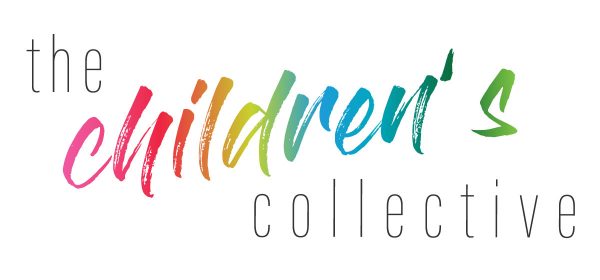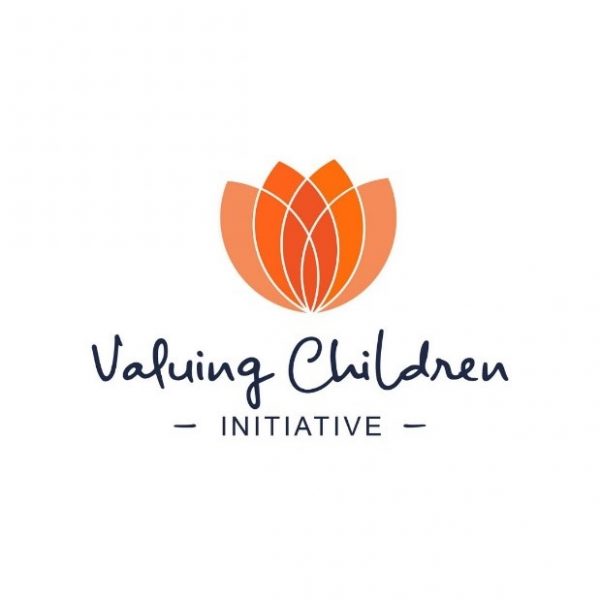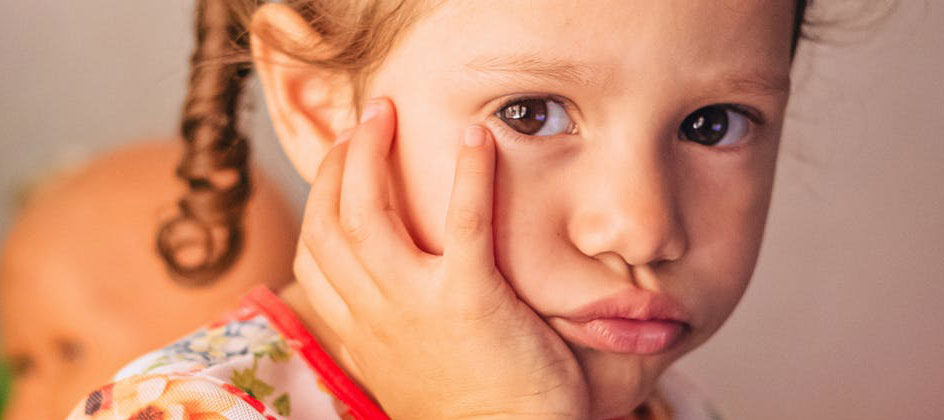Community services call for children to be prioritised in post-pandemic response
MEDIA RELEASE 9 DECEMBER 2020
Community services in WA have identified children as the ‘invisible victims’ of the COVID-19 pandemic and are calling on the Western Australian government, policy makers, business and communities to recognise and respond to the critical issues affecting children right now.
The Children’s Collective, The Valuing Children Initiative and the WA Council of Social Service (WACOSS) have come together to highlight the concerns of children and family services in the face of rising rates of hardship among WA families as a result of the COVID-19 crisis.
“Increasing financial and relationship stress have deep and enduring effects on children,” said Dr Vicky Absalom-Hornby, spokesperson for The Children’s Collective.
“We need to place children at the core of our decision-making, not leave them behind to have their existing vulnerabilities compounded by the effects of COVID-19. Australia should be leading the way on child wellbeing. We are a wealthy and resourceful country with world leading researchers in child development. We keep looking to other countries as role models for best practice with children, when we have the ingredients for success and leadership right here, especially in an affluent state like Western Australia,” said Dr Absalom-Hornby.
“The COVID-19 crisis has led to a profound shift in community attitudes,” said Louise Giolitto, CEO of WACOSS.
“We have faced this crisis together. Each of us have faced the prospect of losing our work and income, or have someone we know and love facing hardship. As a community we have clearly said we want to leave no-one, and particularly no child, behind.”
While many significant initiatives are now underway to support the workforce, alleviate poverty, homelessness and family violence, there is nothing addressing the profound impacts on child wellbeing.
The ‘child protection’ and ‘out of home care’ systems are fraught with issues that demand immediate action. The Family Matters Report (2020) highlights the disadvantage of our Aboriginal and Torres Strait Islander children. The Report Card provides a traffic light assessment for the progress of each State against the four Family Matters building blocks. Western Australia had the poorest performance overall in Australia, with Aboriginal and Torres Strait Islander children being 16.7 times more likely to be in Out of Home Care than non-Aboriginal children.
The Closing The Gap Report 2020, offers hope for change with its plans for a greater focus on partnerships between governments and Aboriginal and Torres Strait Islander people, and encouraging movement towards a new National Agreement on Closing the Gap over the next ten years. However its impact on the wellbeing of WA’s Aboriginal and Torres Strait Islander children is potentially still a long way off.
More than 1 in 5 children in WA are growing up in poverty, with higher rates of poverty for children under 5 years, and higher rates of children in severe poverty compared to other states. As a result, 1 in 3 children in WA’s most disadvantaged areas are developmentally vulnerable, compared to a national average just over 1 in 10. The latest research on early developmental vulnerability, The Early Years: Investing in Our Future report found a staggering divide in early disadvantage between the most and least advantaged areas, including reduced access to early education and care services and high rates of child poverty.
The cost of late action and lack of timely support to children and families in need is estimated to be $15 billion nationally every year (How Australia can invest in children and return more ). Often the advice or support families need to make a difference can be quite simple, but getting access to it in a timely fashion can be complex and hit-and-miss.
“One of the things that COVID-19 has done is highlight just how important kids are to personal and community wellbeing. Both locally and globally a theme of ‘missing children’ has been expressed by many adults, particularly grandparents, who lament the absence of children’s voices and laughter from their lives.” said Adj. Prof. Tony Pietropiccolo AM, founder of the Valuing Children Initiative.
“As Australia emerges from COVID-19, it is critical that we do not forget this experience and lose sight of the value of children. Children are essential to a healthy society and it is only right that all children are given the support and attention they need to flourish; for their sakes and for ours.”
Thirty years ago, world leaders made a historic commitment to the world’s children by adopting the United Nations Convention on the Rights of the Child – an international agreement on childhood.
Despite the Convention becoming the most widely ratified human rights treaty in history and helping to transform children’s lives around the world – still not every child gets to enjoy a full childhood, with access to housing, education and physical and mental healthcare. Now is the time for change, to truly prioritise children across government, business and communities and fulfil our commitment as a society to the rights of the child.
_______________________________
The Children’s Collective are a group of committed individuals and organisations coming together to develop innovative solutions to complex issues affecting the children of Western Australia. www.childrenscollective.org.au
The Valuing Children’s Initiative aim to inspire a society that is built on valuing children is a society that benefits all. Through research, education, and advocacy, the Valuing Children Initiative promotes the understanding that child wellbeing is essential to building a stronger society and is the shared responsibility of the whole community. www.valuingchildreninitiative.com.au
WACOSS are the peak body for the community services sector in WA, with members delivering family and children’s services across all regions of our State. www.wacoss.org.au
RESEARCH REPORTS FOR REFERENCE
https://www.familymatters.org.au/wp-content/uploads/2020/11/FamilyMattersReport2020_LR.pdf
https://ctgreport.niaa.gov.au/content/closing-gap-2020
Media Contact
Tracy Routledge at TR PR: tracy@trpr.com.au or 0412 223 221
Download Media Release
Media Release – Child advocacy groups call for children to be prioritised in post-pandemic response




